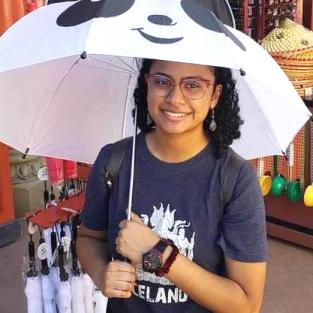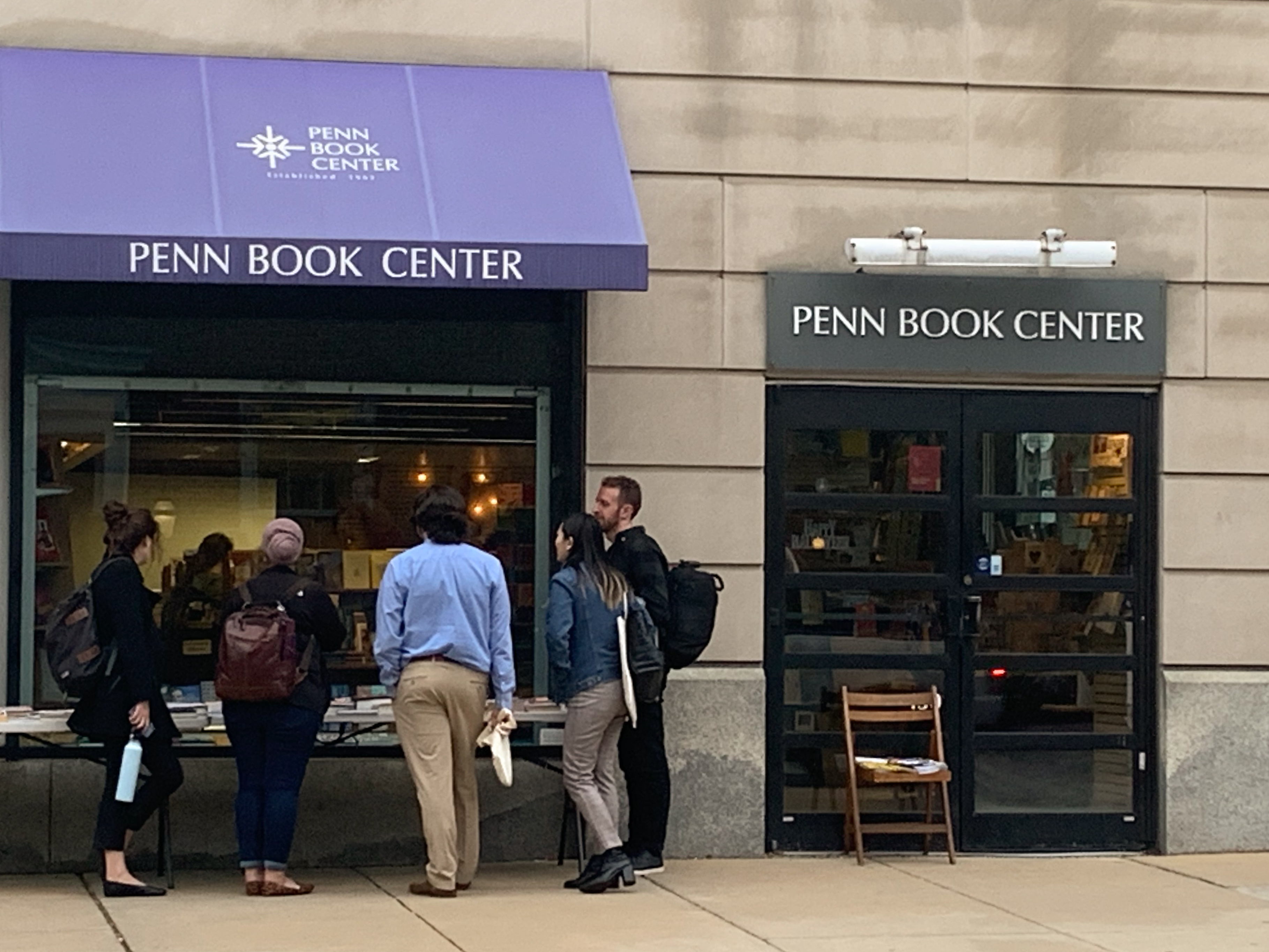In their most recent newsletter, sent via email on June 5, independent bookstore People’s Books & Culture announced that it was closing its doors. PBC—formerly known as Penn Book Center—had just gotten a fresh start last spring, when husband-and-wife team Matt Duquès and Diana Bellonby saved the bookstore from closure with high hopes for its future. Its location, sandwiched between two Barnes & Noble locations, means the store has relied on community support and the bustling campus scene of Drexel and UPenn students.
PBC’s farewell announcement is a reflection of how the coronavirus is hitting nonessential businesses hard, especially those dependent on public interaction to draw customers in. The closed doors will be a sad sight for many University City students returning to campus. In their newsletter, Duquès and Bellonby spoke about their dreams to “transform the space from an overcrowded, chair-less shop into a beautiful, community-oriented haven.” Those plans sadly clashed with the unprecedented pandemic.
However, the aspirations for PBC are a reflection of the ideals that set indie booksellers apart from chain stores. Inviting conversation and catering to local customers makes the environment of each store more personal and welcoming—traits that are often sought out by booklovers looking for like-minded individuals to share their thoughts with. Like many other indie bookstores, PBC also organized interactive events in their space, which were unfortunately halted when the world was forced to move inside and online.
For supporters of local arts and culture, seeing stores like PBC close can be disheartening; after all, indie bookstores often serve as cornerstones of intellectual movements. Even before the stay-at-home orders were issued, constant competition with chain stores and online shippers threatened independent sellers. The descent of the coronavirus onto the city means minimal adaptation for Barnes & Noble, a massive company that already has an online shipping and ordering system in place. However, Duquès and Bellonby indicated in their newsletter that they struggled with the transition to completely online orders, not having “the time or resources to adapt the business to a new world.”
Despite the sudden switch, many other booksellers and organizations are doing their best to keep the community active and connected. Duquès and Bellonby gave notice and praise to other Philly projects, such as Literary Philly (a free, public calendar for sharing events) and Philadelphia Writers Emergency Fund (a fundraiser providing aid to independent writers, bookstores, and presses struggling during the pandemic). The latter has received over $20,000 in donations, showing the public support for keeping the literary scene alive during these trying times.
Duquès and Bellonby also encouraged their customers to support other indie booksellers, especially Black-owned bookstores in Philly. As the Black Lives Matter protests sweep through the streets of the city, the message of the movement applies to every aspect of life. Choosing to support Black business owners is important, especially when they provide platforms for people and communities often ignored.
One such bookstore mentioned is Harriet’s Bookshop. Named for Harriet Tubman, the store aims to celebrate “women authors, women artists, and women activists.” Harriet’s opened earlier this year on Girard Avenue in Fishtown, fulfilling owner Jeannine Cook’s dream of owning a bookstore. Cook, a Drexel MFA student, told news site Billy Penn that she had been warned away from opening her store in the area, infamous for its gentrification—yet she reported that the community support was staggering. The plans for Harriet’s to showcase women authors, stock books that address gender, and engage the community gained the place attention, even after quarantine took over. Harriet’s website indicates that there has been an overwhelming response to support the store online, but they are still welcoming donations via Venmo.
Another bookstore highlighted was Uncle Bobbie’s Coffee & Books, a coffee shop and bookstore that was “created to provide underserved communities with access to books and a space where everyone feels valued.” Since COVID-19 forced the store to close its doors, Uncle Bobbie’s has been selling books, audiobooks, and apparel online. In response to a flood of support on their GoFundMe page, organizer Justin Moore stated that Uncle Bobbie’s will expand their digital platform by “adding more virtual community events” and promoting their online bookstore. The store is also using their platform on bookshop.org to show support for the Black Lives Matter movement with reading lists, spreading awareness on topics such as policing, mass incarceration, allyship, protests, and activism.
Although the support that Harriet’s and Bobbie’s have received from the community is encouraging, PBC’s newsletter also pointed out another indie bookseller still in need: Making Worlds Bookstore & Social Center. Making Worlds, which opened on Valentine’s Day of this year, is a nonprofit bookstore in West Philly with the goal of “making space for abolition, autonomy, ecological self-determination, and affirmation of worlds imagined and made by Black, Brown, [and] Indigenous liberation.” Though community-centered events are currently on hold, Making Worlds has requested donations to fulfill its goals of providing a “inclusive and inspiring space,” with only about a sixth of its $60,000 goal fulfilled at this time.
The pandemic has hit Philadelphia hard, but it is heartening to see the public support for small businesses, especially those centered around the famously low-funded humanities fields. Bookstores are intersections of ideas, safe spaces for sharing words, and platforms for authors and artists. Although those principles are often embodied by the physical spaces within independent bookstores, donations and online purchases during the global crisis help keep their doors open and their values alive. Though we bid a sad farewell to People’s Books & Culture, their time in Philly contributed greatly to the local literary and arts scene through their stock, space, and social engagements. PBC will be remembered as the community continues to adapt to the new tomorrow.

Sanjana is a second-year undergraduate student at Drexel University pursuing a degree in English with a concentration in Writing. She enjoys playing video games, cracking open a new book, and daydreaming. She writes poetry, short fiction, articles, and essays.
